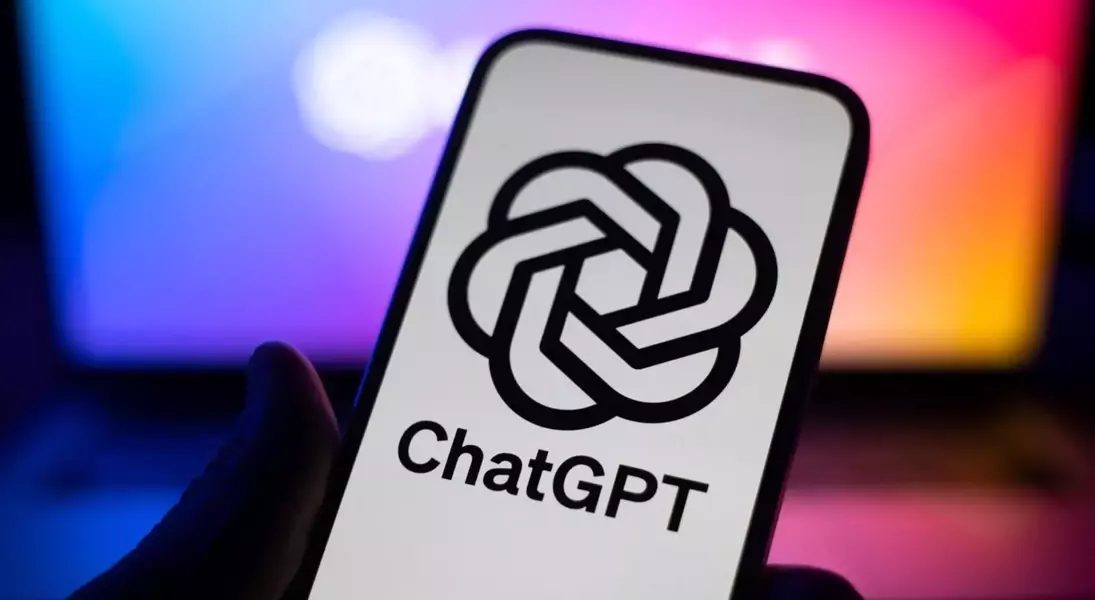
A dispute between a doctoral student and his academic institution has escalated into legal action, raising questions about the use of artificial intelligence in academia. Haishan Yang, who was enrolled at the University of Minnesota, is contesting the university's decision to expel him for allegedly using AI tools to complete his coursework. Yang maintains his innocence, asserting that his professors have harbored a bias against him from the start.
The core controversy revolves around an examination Yang completed while abroad in Morocco during the summer of 2024. The exam required Yang to write three essays within eight hours, with access to his notes and books but not AI assistance. According to the review panel, Yang’s submissions contained advanced concepts not covered in class and acronyms that are more commonly found in AI-generated content. Additionally, the formatting and content of Yang’s essays bore striking similarities to responses produced by ChatGPT when given the same prompts. Despite these findings, Yang insists that any parallels were coincidental, as both he and AI drew from the same source materials.
Beyond the specific allegations, both parties agree that broader issues influenced the outcome. Yang claims that his professors have targeted him throughout his academic journey, citing instances where he felt unfairly treated. His advisor corroborated this sentiment, noting unusual hostility directed toward Yang. In contrast, the professors argue that this incident was not isolated; a year earlier, Yang had been warned for submitting homework containing text suggesting AI usage. Ultimately, Yang lost his appeal before the university panel and has now taken his case to court, accusing the university of evidence manipulation and lack of due process.
This case highlights the growing challenges faced by educational institutions as they grapple with the integration of AI technologies. It underscores the importance of clear guidelines and fair processes to ensure that students are evaluated based on their own work. Moreover, it serves as a reminder of the need for transparency and impartiality in academic settings, fostering an environment where all students can thrive without undue prejudice or suspicion.
